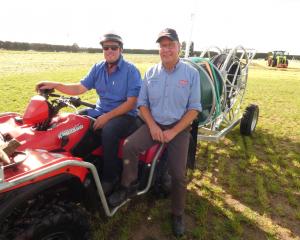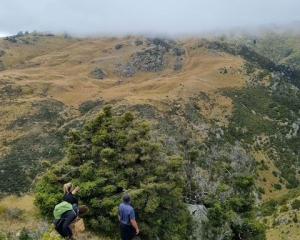
The combination of wetter soils, deeper drainage, and potential surface flooding during the colder months can increase the chance of contaminants making their way into groundwater — especially if your bore is not well protected.
Simple steps can make a big difference in keeping your water safe.
1. Bores should be fenced off from livestock by at least 5m and kept well clear of potential contamination sources like septic tanks, rubbish dumps, effluent areas, or where chemicals and fertilisers are used.
2. Your borehead should be at least half a metre above the ground and securely sealed to prevent stormwater from getting into your supply.
3. Install a backflow preventer to stop contaminants siphoning back into the well.
4. If your property experiences flooding, heavy rain, snow, or long power outages, it is safest to boil any water before drinking it — and let anyone else using the bore know to do the same.
5. Get your water tested regularly — nitrate, E. coli, and even metals like lead, copper or arsenic can all affect water quality and health.
‘‘Many private bores are in good condition, but winter is a great time to double-check yours is up to scratch,’’ Environment Canterbury water and land science manager Dr Elaine Moriarty said.
‘‘Protecting your water supply protects you and your whanau’s health.’’
— Environment Canterbury















